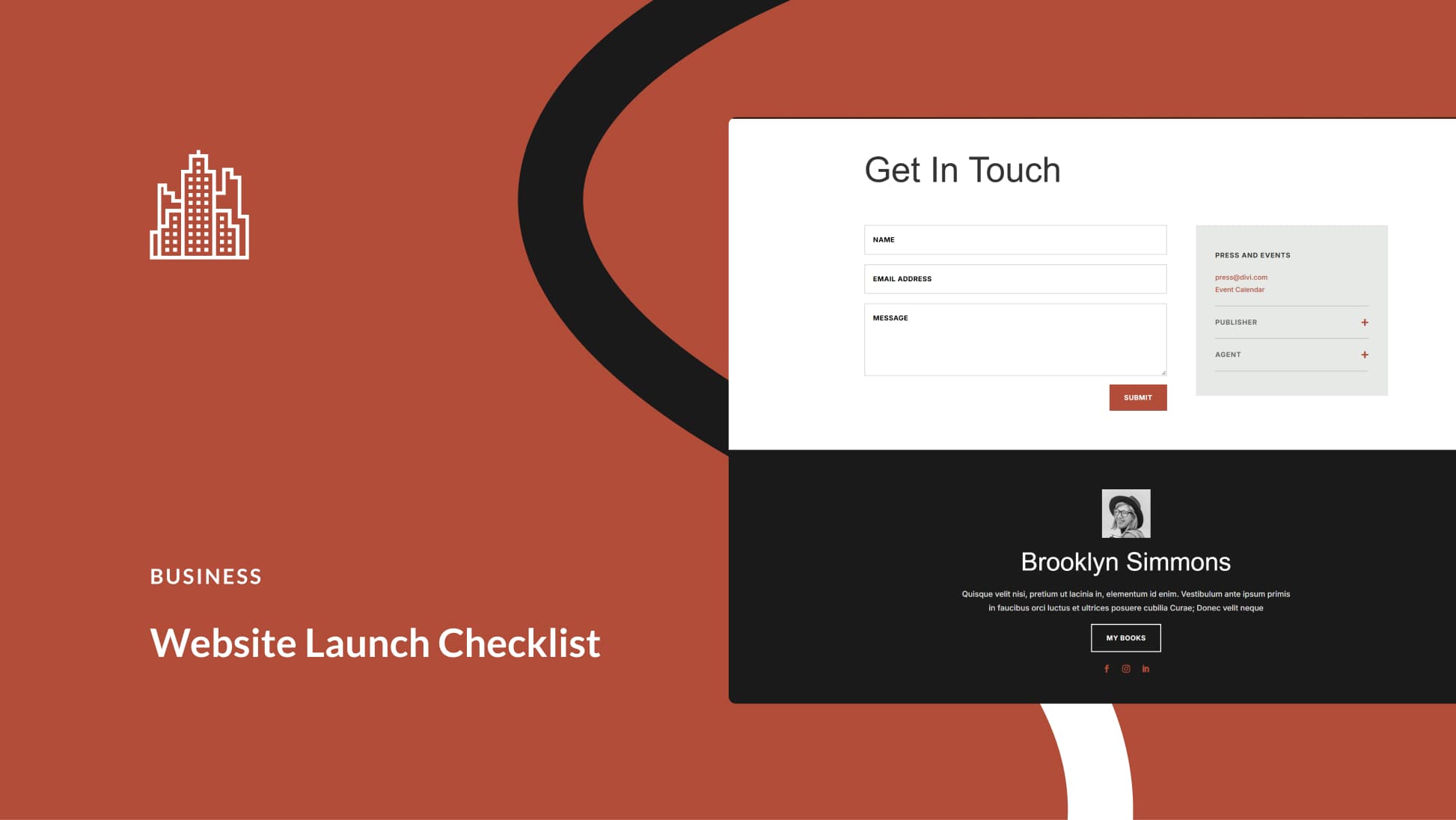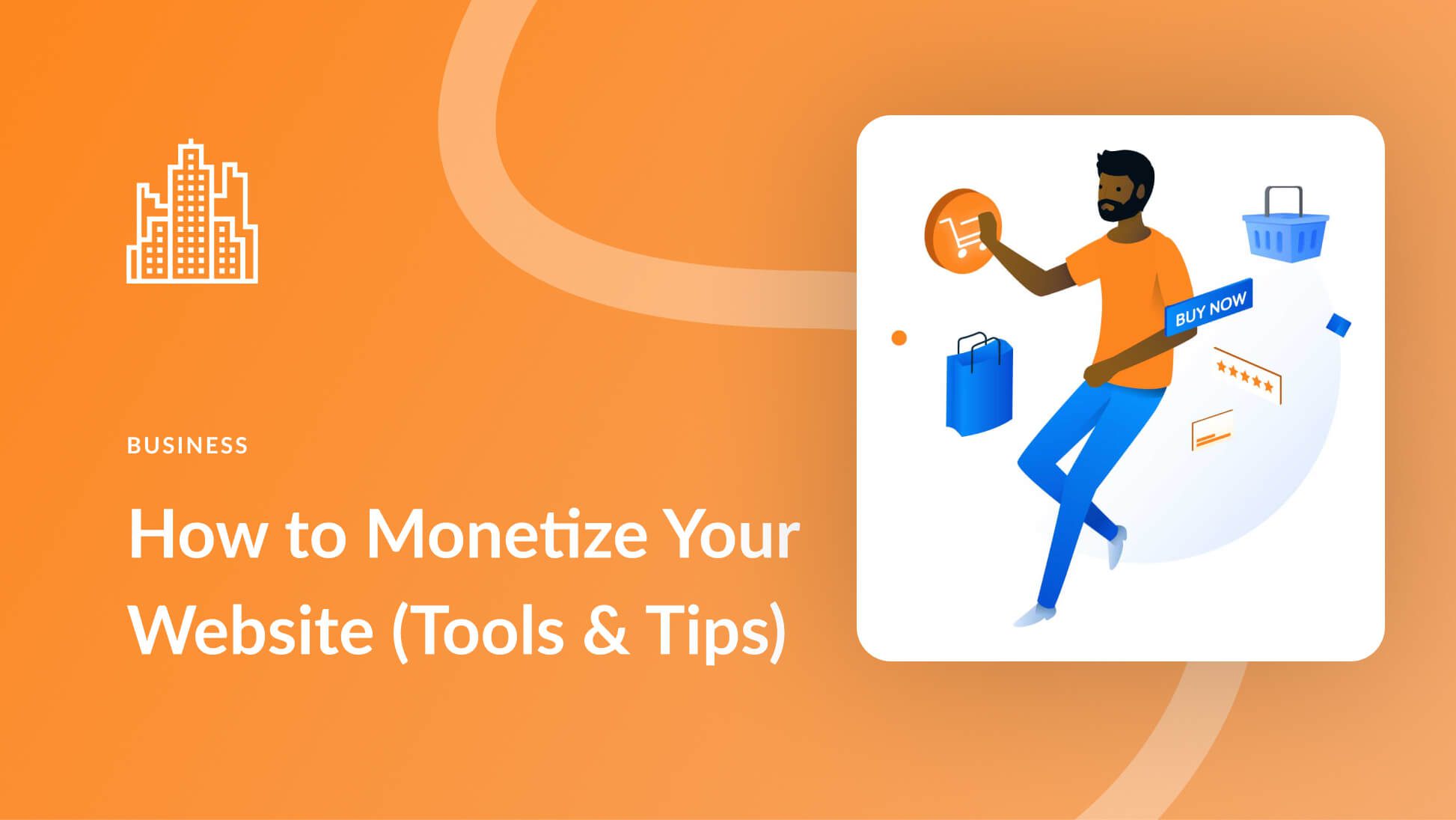When you consider the “must-haves” on any website, an FAQ page is one of the essentials. Not all FAQ pages are created equal though. Some are standalone pages, others are more like a knowledge base or a welcome mat to the support system. Either way, they are constructed in a way that is helpful and makes sense to the visitor on the site. It’s not the type of page that shows up on the first steps of navigation but it should also be easy to find. It’s the kind of page that is almost expected in any site and many visitors will look for it before they commit to anything.
The best FAQ pages have just the right combination of questions and answers. In this post, we’ll show you how to formulate the questions and answers for your FAQ page and how to put them together.
Why Is An FAQ Essential For A Company Website
FAQ stands for Frequently Asked Questions. Clients and customers are always asking questions at every stage of their customer journey. It’s these questions that have the potential of becoming part of an FAQ page.
The biggest reason why a company website needs an FAQ is that users expect it to be there. Many users navigate to the FAQ questions as they look around the site.
They appear in one of these ways:
- One standalone page with a few questions in accordions that open to answers when you click.
- A multipage section with categories and a searchable bar.
- As a support system where users are redirected according to their question before contacting support directly.
For the last two, the answers are usually in-depth and include links to further reading.
FAQ Pages Relieve Pressure From Customer Service and Inspires New Content
One important positive aspect of an FAQ page is that it takes away a lot of pressure from the support and customer service systems. It clears doubts for the user without having to contact anyone. Another great purpose of an FAQ page is as inspiration for valuable content on the company blog. Turn one question into many different pieces of content. It improves content marketing strategies.
Even if an FAQ section is considered essential on a website, it’s not the cure for bad copy. Include all important information for the user in the website copy. An FAQ page shouldn’t answer obvious questions that can be answered on the homepage and the rest of the content.
FAQ Pages Improve SEO
Lastly, when an FAQ page is well structured it can improve a site’s SEO. Search is all about questions. A real question with an honest and clear answer will help with SEO and SERPS. Google offers rich results for FAQ pages, take advantage of those. For this to work, formulate the questions as a reader would ask them. For example, Can I buy this product as a gift? instead of, Can you buy this product as a gift?
What Questions Should Be in An FAQ Page
The number one rule to choose the questions for an FAQ page is right in the name; “frequently”. Look at the questions your users ask via email and social media. Chances are, many are frequent and repeat often. Make a list of the questions that are asked the most and start there.
For new companies, look for questions about the industry on Google and Quora. Think of questions that are both broad and specific.
For example, let’s imagine a custom leather bag manufacturer. They recently launched and have very little correspondence and social media presence. Search online for the keywords that have to do with their industry. In this case: leather bag manufacturing, handmade leather bags, etc. Take note of the questions people ask that include the keywords. Some examples might include: How do I take care of my custom leather bag?; What size leather bag do I need?; I want to gift my friend a custom leather bag, how do I pick?; and many others.
When formulating the questions, remember that they need to be real questions. Don’t invent questions you think they will ask. Do the research.
Look at the websites of direct competitors, what kinds of questions do they have? Get inspired by those, but don’t copy them.
How to Answer The Questions
Following the same style as the questions, the answers also need to be real. Only real answers will match real questions. Here are some practical writing tips for the answers:
- Always start the answer with a yes or no. Add some personality with phrases like Yes, of course, or No, unfortunately not.
- Answer the question completely. If you add a link, it has to be for related content only.
- Be completely honest.
- Stay on-brand with the brand’s communication style.
- Be succinct and to the point
Remember that nothing is set in stone. If you find that the answers aren’t helping and users are still contacting support to ask the same things, the answer needs to be amended.
Putting it All Together
Now that the questions and answers are ready, it’s time to put it all together. In terms of design, it’s usually best to input the answers with an accordion design like this one with interchanging sticky questions or this one with the FAQs in columns. These will make your questions and answers look organized and easy to navigate. Another idea is to have a list at the top with each answer linked to an anchor point for the answer. Don’t forget to add a “back to top” button.
If there are a lot of questions and answers, organize them into categories. Here are some ideas:
- The stages of the customer journey; pre-sale, billing, troubleshooting, etc.
- The main topic of interest; technical, customer service, or shipping.
- Add a search bar.
If your website uses FAQs in multiple places (pillar posts/pages) then it may be a great idea to get a FAQ Plugin for WordPress. They help create, organize, and display your FAQ across your website. Plus, most of them deliver the proper FAQ schema to search engines which can be a huge boon to your SERP rankings.
Final Thoughts
When formulating questions and answers for your FAQ page, remember these important things:
- Be real.
- Be honest.
- Think and word the questions like a user.
- Keep them organized with categories and good design.
- Take advantage of the Google FAQ schema markup (You can use a plugin to help you with this!)
- Edit the questions and answers as the business grows and evolves.
- The FAQ page is not a bandaid for bad copy.
With all these tips and techniques, you are well on your way to creating a great set of questions and answers for your FAQ page.
Have you created an FAQ page yet? Did you find it difficult or was it easy to formulate the questions and answers? Let us know in the comments.
Featured Image via Grinbox / shutterstock.com









Thanks for this article. I never guessed i should ask the questions in the “i” form. So changed this on my site immediately.